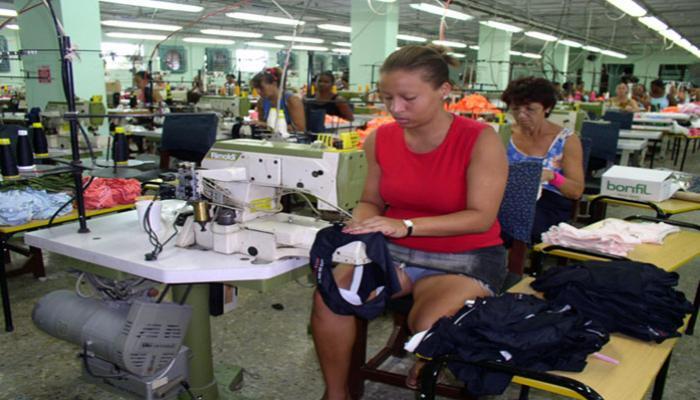Havana, April 30 (RHC)-- Cuba has granted greater autonomy to its state-owned companies as part of the ongoing modernization and decentralization process of the country's economic model.
The move, which came into force last Monday, will affect some 2,800 state companies that represent 80 percent of the country's economy.
New regulations allow state companies, whose profits have been on decline due to misguided administrative policies, to sell any surplus at market prices after meeting their state commitments, and all restrictions on wages have also been lifted.
"Companies may distribute wages to the limit of their economic and financial capacities," the measures indicate.
Wages in the state sector of the economy have been acknowledged by the government to be insufficient, especially compared to the flourishing private sector, where employees often earn five to ten times more than their peers in state companies.
The new regulations also allow companies to retain up to 50 percent of their profits at the end of the tax year, 20 percent more than before, in order to increase the working capital, investment, research and development, training, and bank loans repayment.
The firms' decision-making process will also be "decentralized."
Since assuming power in 2008, President Raul Castro has gradually introduced a series of reforms to revive the country's economy, which grew 2.7 percent in 2013, below the state's target of 3.6 percent.
Earlier this month, the Cuban government published the new Foreign Investment Law aimed at attracting at least 2 billion U.S. dollars a year in foreign investment.


